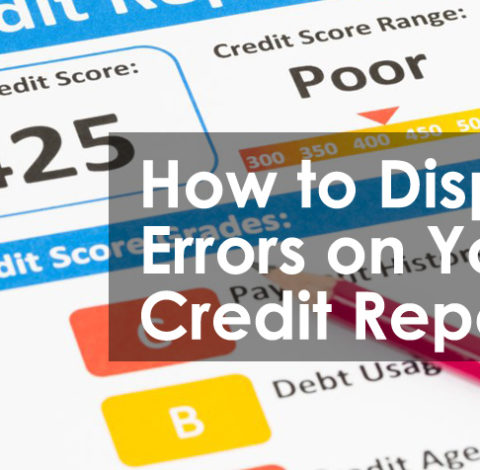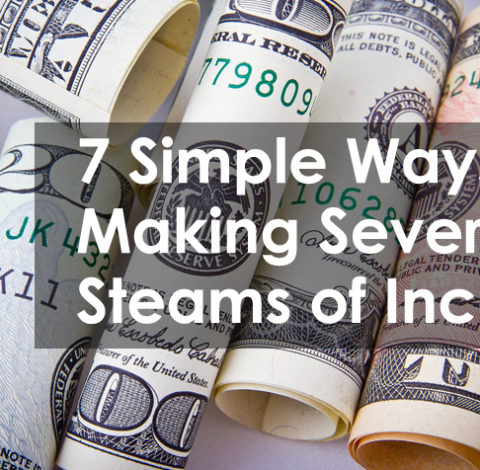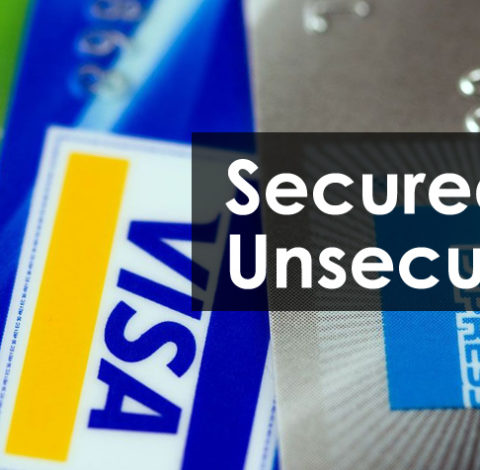Unlocking Your Business Potential: How Equipment Funding Can Supercharge Your Growth
In today’s competitive business landscape, staying ahead of the game requires more than just hard work and determination. It requires the right tools and equipment to supercharge your growth and maximize your business potential.…







